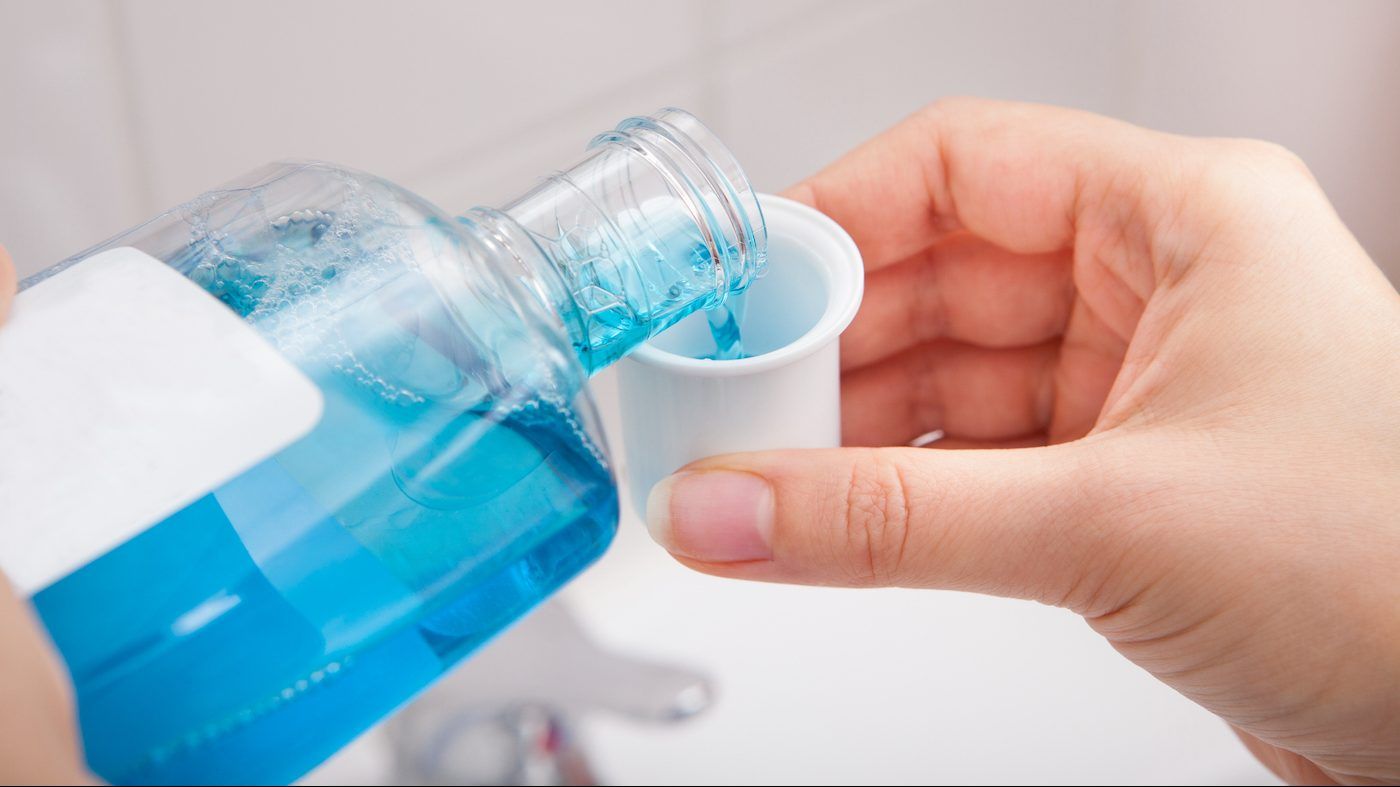advice: 'baby botox' may be less invasive, but are there risks?
the term “baby botox” describes the technique where botox is distributed in smaller amounts across the forehead and crow’s feet to allow some facial movement and expression, but avoid the “frozen forehead."
asking for a friend: i love mouthwash, but does it really do anything for me?
while swishing some minty blue stuff around in your mouth might feel good, your best bet for fresh breath is regular flossing and brushing.
asking for a friend: what can i do about dandruff?
over-the-counter shampoos and diet can help tackle those embarrassing white flakes.
 4 minute read
4 minute read









